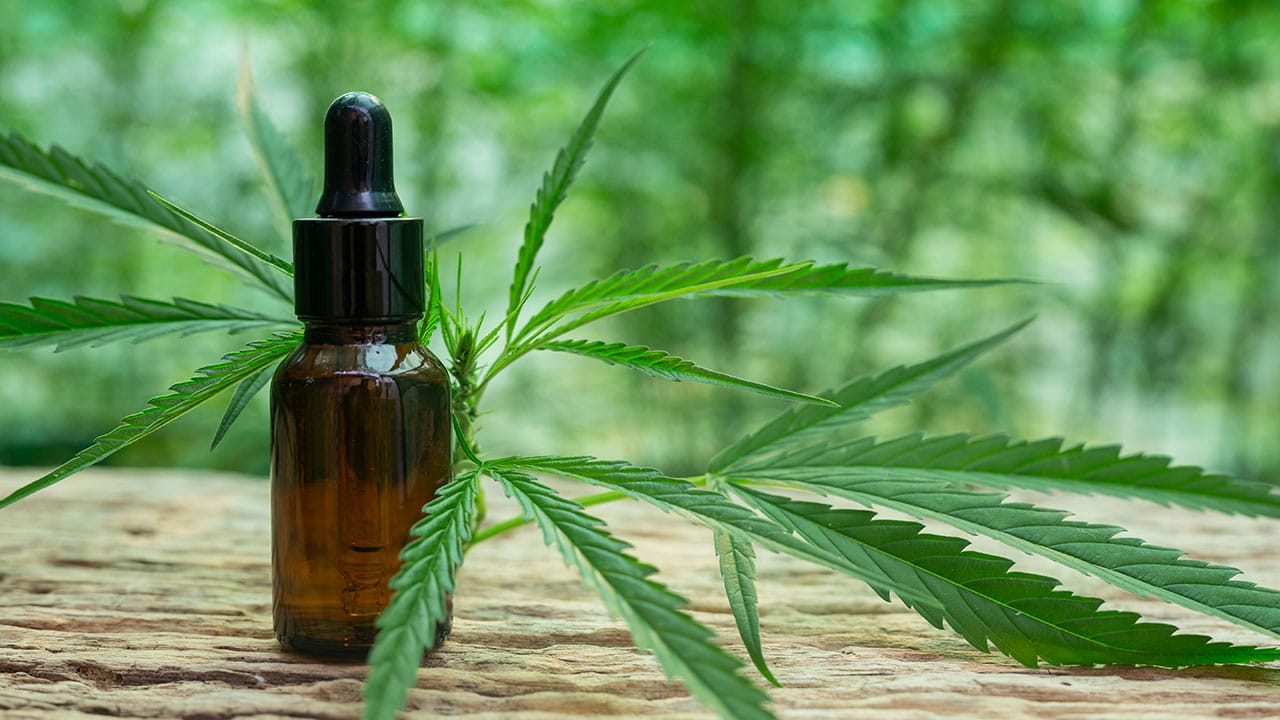FDA Under Pressure to Regulate CBD
Summarize

The Congressional Subcommittee on Health Care and Financial Services decided to address the lack of Food and Drug Administration (FDA) regulation of hemp-derived products such as CBD. A hearing was held on July 27, 2023, to investigate the consequences of the FDA’s refusal to develop a regulatory pathway for the sale of ingestible hemp products, such as CBD sold in various forms, from CBD oil to edibles.
In 2018, the Farm Bill was passed, legalizing the growing of hemp (aka industrial hemp) that contains no more than 0.3% THC, the psychoactive compound in the cannabis plant. It also allowed the sale of industrial hemp-derived products like CBD. Since then, a lack of Federal Food & Drug Administration (FDA) regulation has allowed a proliferation of legal and illegal hemp-derived products, including some that contain psychoactive ingredients such as delta-8THC. Consumers are often unaware of what they are purchasing, and these products are sometimes sold to minors. There are safety and quality concerns.
One of the issues is the FDA’s insistence that it needs a substantial funding increase before it can create a regulatory pathway for the sale of hemp-derived cannabinoid products. The FDA already regulates dietary supplements, and many nutritionists and Congressional members believe it should not require new resources and staff to add CBD. Without new funding, the FDA could seek user fees as another option, but that would increase consumer costs.
The frustration with the FDA’s refusal to act grows because it is believed the agency already has a regulatory process for dietary supplements, and adding products like CBD should not be that difficult. Also, there is a growing body of scientific research the FDA can now access that has demonstrated the safety of CBD when standard serving sizes are taken.
However, the FDA continues to insist that there is a lack of enough information currently available on CBD safety. A group of Republicans, Democrats and Independents sent a Request for Information (RFI) to the FDA regarding CBD regulation. It says, “Since hemp was descheduled five years ago, consumers, manufacturers, and policymakers have sought clarity regarding the legal status of CBD. Farmers, food and beverage groups, and state regulators have shared their policy priorities with Congress. However, questions remain about the best way to provide a legal pathway to market for CBD products.”
The RFI has a set of questions about the FDA’s need for a new regulatory pathway, how the lack of regulation has led to a market for intoxicating, synthetic compounds, labeling for special needs populations, how the agency envisions balancing a new framework with consumer safety and more.
Ironically, the FDA is refusing to regulate CBD due to safety concerns, and in the meantime, unsafe hemp-derived products are proliferating. There is a growing body of evidence demonstrating the safety of CBD. Even dietary supplements can be harmful when an excessive amount well beyond the recommended dosage is consumed. Perhaps the FDA should regulate CBD like it does dietary supplements and add labeling requirements based on the research to date, such as warning people not to take CBD if pregnant or taking certain drugs. Labeling could also make it clear that CBD products cannot be sold to children.
One fact is clear. The CBD market is growing rapidly. Consumers will continue buying CBD products, with or without FDA regulation. It would seem that the FDA has a duty to protect consumers as much as possible and should do so as quickly as possible.
Share this post


0